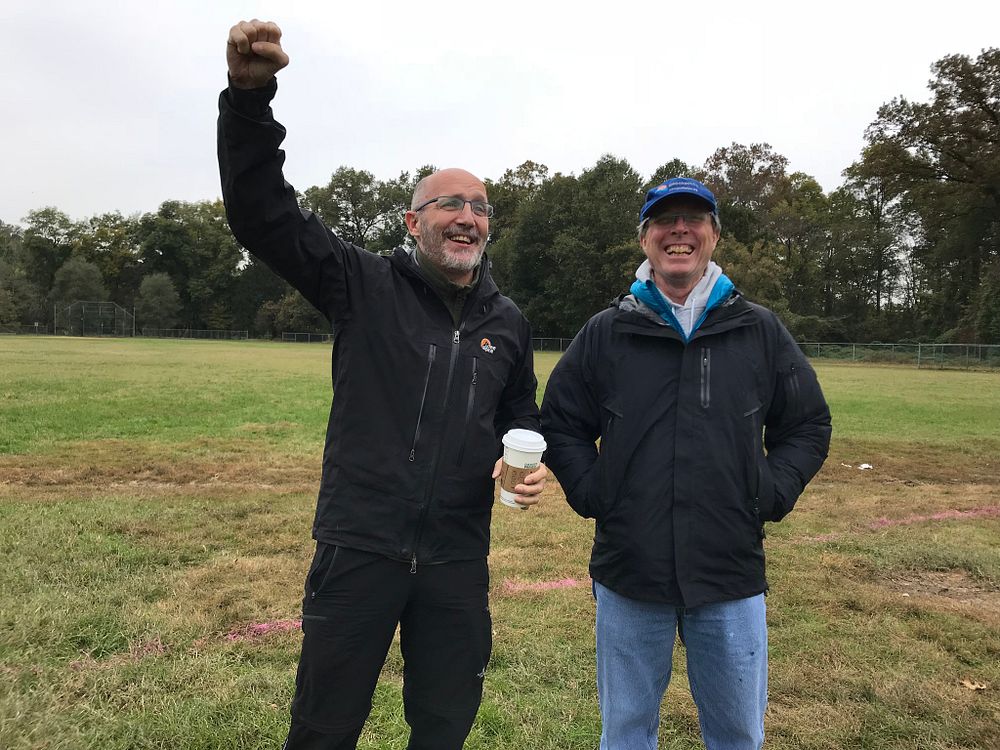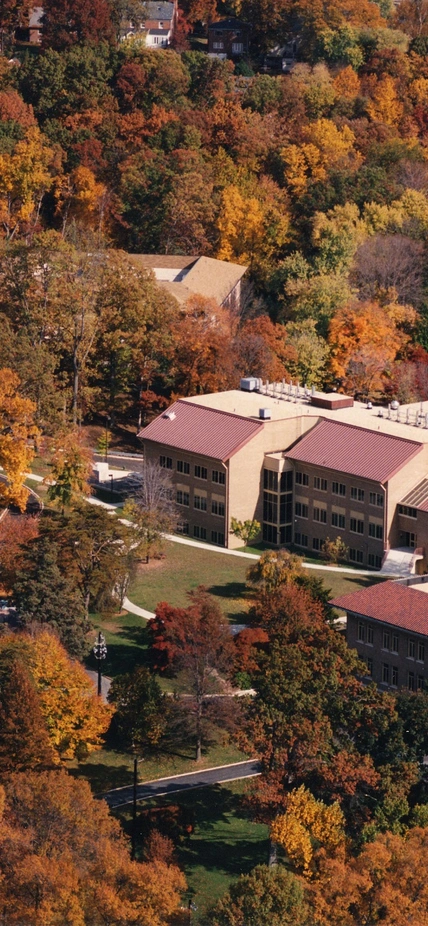In 2022, I will step into the role of Director at the Earth and Planets Laboratory (EPL). This is an exciting opportunity to help shape the future of EPL together with my colleagues, but it is also bittersweet because we are saying farewell to our Director, colleague, and friend Richard Carlson.
It has been such a great pleasure to work together with Rick over the past several years to merge together two historically great departments into what has become the Earth and Planets Laboratory. I cannot possibly heap enough praise onto Rick for his willingness to create a shared and inclusive vision for our science, for his focus on the future when it would have been easy to try and hold onto the past, his unbelievably wide and deep range of knowledge about all the science we do at EPL, and, of course, for Rick’s leadership during this dastardly pandemic, which has been nothing short of outstanding.
While it is very hard to see him retire, we all wish Rick the very best as he begins a new phase in his life adventure, and we hope he will spend a lot of time at EPL for many years to come!
One of the most exhilarating things about working at EPL is the tremendous scope of science one is exposed to on a daily basis. From the expanses of nebular disks to the farthest reaches of our own Solar System to the deepest interiors of planets, and to the atomic structure of the materials that hold it all together, nary a day goes by where one does not learn something new. The number of reading groups alone, many of which are interdisciplinary and have germinated together with EPL, could fill a week with Zoom and it can be hard to keep up with the pace—a very nice problem to have. New ideas and collaborations are the inevitable outcomes of the mixing of expertise and the diversity of viewpoints, scientific and cultural, that emerge from these conversations.
In 2021, amidst all of the angst, distraction, and impediments that the pandemic has brought, the pace of discovery at EPL has not slowed an iota, attesting to the devotion, diligence, and determination of all of the scientific staff, postdocs, and support staff at EPL. It is truly a team endeavor. In the past year we have seen the most distant object ever observed in our Solar System, discovered cold Neptunes and potentially habitable planets “nearby”, observed record-breaking stellar flares, discovered a possible connection between deep diamonds and deep-focus earthquakes, revealed a previously unrecognized giant volcanic caldera in the Aleutians, developed entirely new ways to categorize and understand the diversity of minerals, measured the properties of phases present at the outrageously extreme conditions of super-Earth interiors, discovered organic material in Martian igneous rocks, and synthesized new ultrahard diamond glass—just to name a very few.
We have also been very fortunate to welcome a number of new staff members to the EPL family in 2021, including two new staff scientists, a new machinist, a new geochemistry lab manager, a new software developer, several new building engineers, and a bevy of exceptionally talented postdoctoral researchers. And moreover, we welcomed the first wave of headquarters staff including President Isaacs and his executive team to the BBR campus, and very much look forward to their inclusion in the excitement of daily life at EPL.
We look ahead with eagerness to 2022 when we are ever hopeful of a return to something approaching normal operation and the return of a vibrant ‘in-person’ campus. We will be launching a new undergraduate intern program over the summer and are looking forward to welcoming visiting scientists back to campus.
It is humbling and a great honor to take over the helm from Rick as Director of EPL, but I take great comfort in knowing that I will be working with such an exceptionally talented and devoted group of people and can rely on the continuing support of alumni and friends of Carnegie.
Thank you,
Michael Walter
Director
Earth and Planets Laboratory
Read Richard Carlson's final letter as Director

